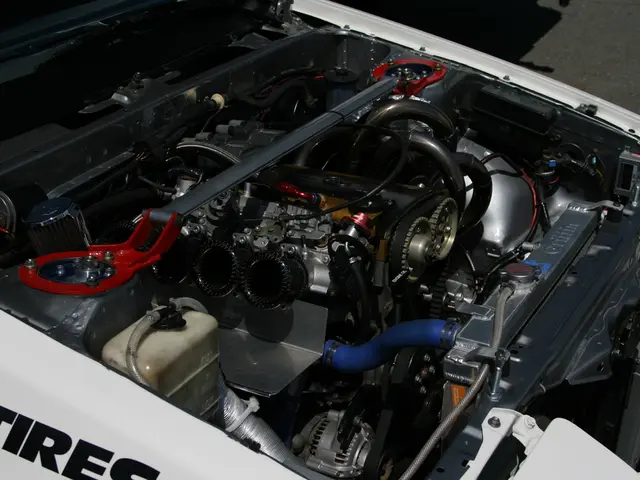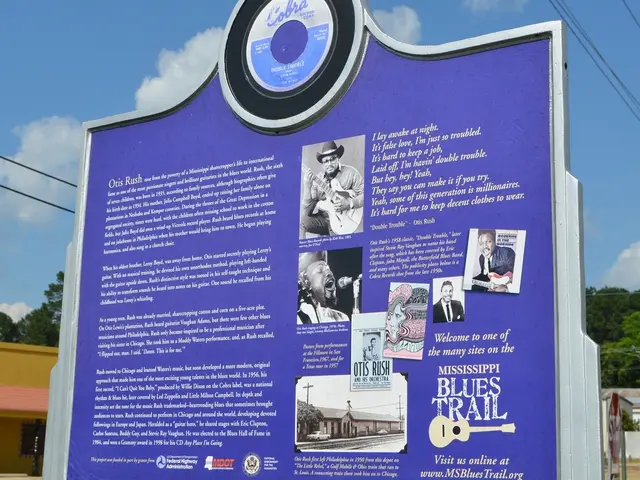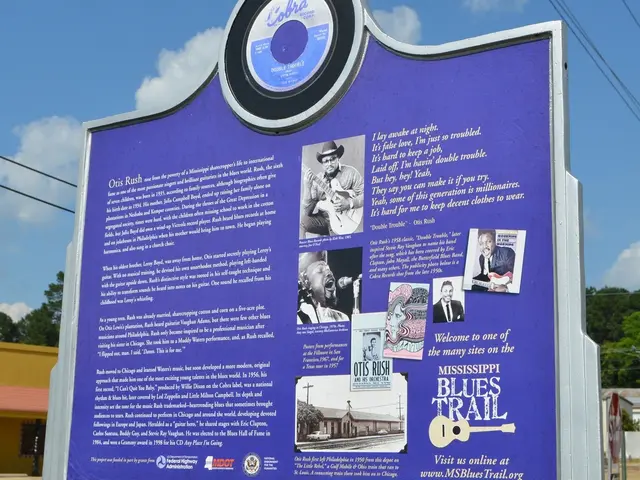Airbus, BMW, and Quantinuum Team Up to Accelerate Sustainable Mobility with Quantum Computing
Airbus, BMW Group, and Quantinuum have joined forces to harness the power of quantum computing for sustainable mobility. The collaboration focuses on accelerating research into fuel cell catalysts, with a particular emphasis on the oxygen reduction reaction (ORR).
The trio aims to develop a hybrid quantum-classical workflow, combining classical computing with the unique capabilities of quantum computers. This approach seeks to tackle the challenge of accurately simulating chemical reactions like the ORR, which is currently beyond the reach of classical computers.
Dr. Peter Lehnert from BMW Group and Isabell Gradert from Airbus both expressed optimism about the potential of quantum computing. They believe it could significantly speed up research into new materials for sustainable mobility and hydrogen-powered aircraft like Airbus' ZEROe demonstrator.
The collaboration has already demonstrated the applicability of quantum computing in an industrial workflow. Using Quantinuum's H-Series quantum computer, the team has shown that quantum computing can enhance our understanding of the ORR. This could lead to the discovery of alternative materials that improve fuel cell performance and reduce production costs.
Ilyas Khan, Chief Product Officer at Quantinuum, confirmed the company's involvement in the project, stating that they are working together to advance future sustainable mobility.
Airbus, BMW Group, and Quantinuum are at the forefront of exploring how quantum computing can benefit sustainable mobility. Their collaboration aims to accelerate research into fuel cell catalysts, with the ultimate goal of making hydrogen-powered vehicles and aircraft a reality. The successful demonstration of quantum computing in an industrial workflow is a significant step towards this ambition.
Read also:
- Exploring Harry Potter's Lineage: Decoding the Enigma of His Half-Blood Ancestry
- Elon Musk Acquires 26,400 Megawatt Gas Turbines for Powering His AI Project, Overlooks Necessary Permits for Operation!
- Ontario terminates $100M Starlink agreement due to U.S. import taxes
- U Power's strategic collaborator UNEX EV has inked a Letter of Intent with Didi Mobility to deploy UOTTA(TM) battery-swapping electric vehicles in Mexico.








